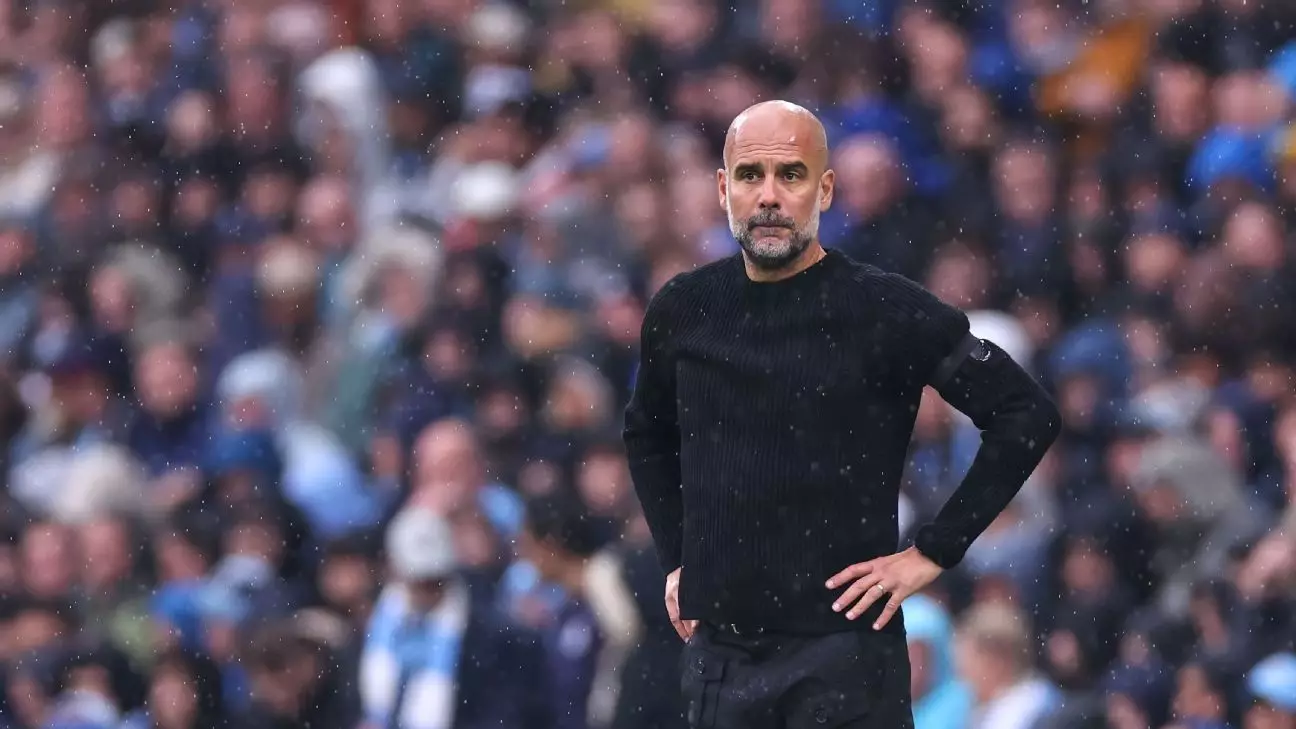In the world of football, the balance between competitive ambition and player welfare has become increasingly precarious. The recent decision of the Premier League to deny Manchester City’s request to postpone their first two fixtures next season exemplifies the ongoing struggle clubs face amid an overcrowded schedule. As managers and players voice their concerns, it’s imperative to examine the implications not only for individual teams but for the sport as a whole.
Manchester City, under the guidance of Pep Guardiola, finds itself navigating an intense football calendar augmented by participation in the FIFA Club World Cup. This tournament, set to kick off on June 15, adds to the already cramped season, further complicating recovery times for players. The Premier League, which begins its new season in August, is unwilling to accommodate City’s plea for a brief respite to ensure their squad can fully recuperate from the rigors of international competition.
The tight-knit schedule has raised concerns not only among City but across the football community. Players and managers alike are increasingly vocal about the demands placed upon them, revealing a culture that prioritizes commercial interests over the health and well-being of these athletes.
The international player’s union, FIFPRO, offers staggering statistics indicating that some players receive a mere 12% of the year for rest. This alarming figure underscores the urgent need for reforms in scheduling practices that could otherwise lead to burnout or serious injury. Rodri’s serious knee ligament injury, which has sidelined him for the remainder of the season, serves as a stark reminder of the physical toll that incessant match schedules can impose.
Moreover, Rodri had previously warned that players could even resort to strike action, a drastic and unprecedented step that underscores the desperation players feel under the relentless pressure of the modern game. It is crucial for clubs, leagues, and governing bodies to acknowledge the tweets and cries for help issuing from their players—that they are human, not merely assets on a pitch.
Guardiola’s recent comments reflect a growing exasperation with the current system, as he contemplates the ramifications of an even busier season compared to the preceding treble-winning campaign. By characteristically aiming for perfection in player performance and fitness, Guardiola’s strategies become increasingly challenging to implement when external factors impede preparation and recovery.
Despite City’s impressive depth and talent pool, the reality remains that fatigue and injury concerns can significantly hinder performance across the league. By neglecting the need for some flexibility in scheduling, the Premier League risks compromising the quality of its competition.
The issue of player welfare is not simply a Manchester City problem; it is a systemic concern that resonates with clubs throughout the Premier League and beyond. With pressure mounting from players and advocates alike, it is time for football’s governing bodies to prioritize the human aspect of the game over financial gains. Only by creating a more balanced and thoughtful scheduling model can the beautiful game continue to thrive without sacrificing the health and capabilities of its most valuable assets: the players.

